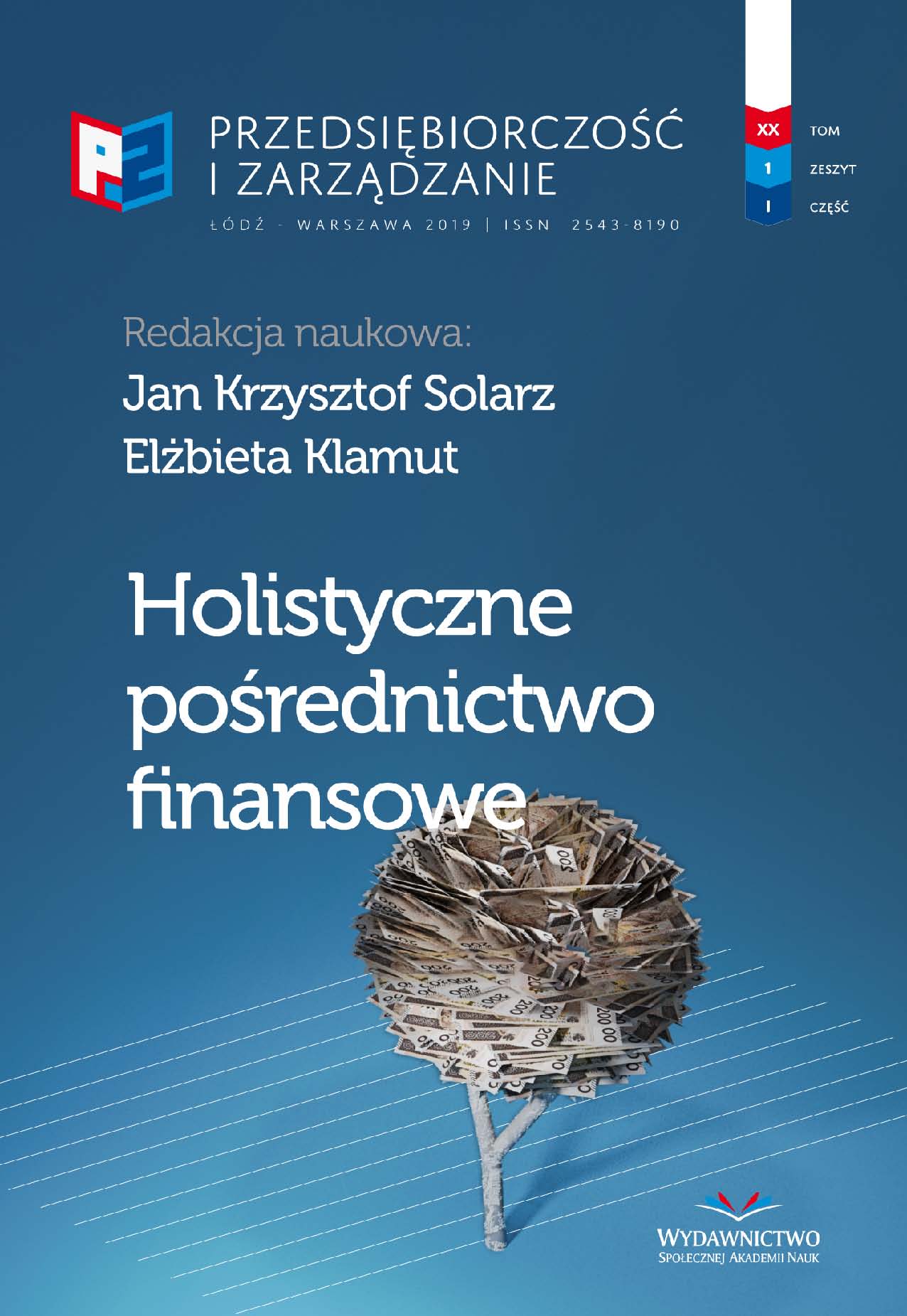Podatek akcyzowy w kontekście bezpieczeństwa
finansowego państwa
Excise Tax in the Context of the Financial Security of the State
Author(s): Edyta Małecka-ZiembińskaSubject(s): Economy, Energy and Environmental Studies, Public Finances
Published by: Społeczna Akademia Nauk
Keywords: excise tax; fiscal efficiency; tax gap
Summary/Abstract: The purpose of the article is to examine the tax efficiency of excise duty in Poland, to present estimates of the gap in this tax, to identify the reasons for its occurrence and to indicate the measures taken to reduce its size. The article uses methods of descriptive statistics and analysis of legal acts. In the European Union, Poland is in the group of countries with the highest and average share of excise tax, both in total tax revenues and in GDP. In the state budget, it is the second tax – after the tax on goods and services – in terms of amount, constituting over 1/5 (nearly 22%) of the total revenue of this budget. The considerations regarding the tax efficiency of this tax and the effectiveness of its dimension and collection are therefore part of the issue of the financial security of the state. This tax is, on the one hand, the basic backbone of thestate budget revenues, and on the other hand, its fiscal performance is seriously threatened by numerous – with a large financial scale – tax evasion. According to the Ministry of the Interior reports on the state of security in Poland, given the scale of the threat to the financial interests of the state, the most important are irregularities in the trade of fuels, alcohol, tobacco products and scrap. The first three groups of products are also excise goods. Hence,the broadly understood tax crime in excise duty results in high losses for the state budget, undermining its economic security.
Journal: Przedsiębiorczość i Zarządzanie
- Issue Year: 20/2019
- Issue No: 1.1
- Page Range: 169-184
- Page Count: 16
- Language: Polish

